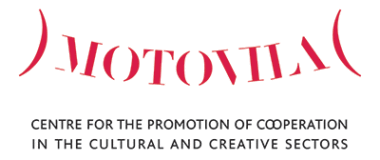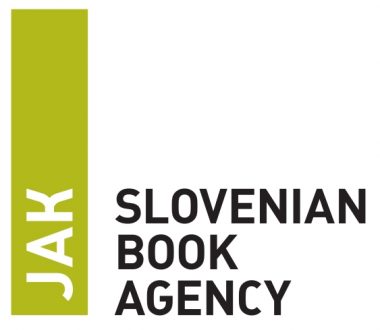See report:
What do publishers from Slovenia, Bulgaria, Croatia, Macedonia and Hungary have to say?
 In the first two years of implementing the Creative Europe Programme (2014–2020), Slovenia has successfully gained EU support for the translation of literature. In 2016, though one single Slovene publisher succeeded. Is interest of Slovenian publishers in participating within the scheme supporting Literary Translation declining? What is the secret of success of Bulgaria, Macedonia, Hungary and Croatia in this Creative Europe scheme, which seeks to promote the transnational circulation of quality literary works by European authors, improve access to literary works as well to reach new audiences?
In the first two years of implementing the Creative Europe Programme (2014–2020), Slovenia has successfully gained EU support for the translation of literature. In 2016, though one single Slovene publisher succeeded. Is interest of Slovenian publishers in participating within the scheme supporting Literary Translation declining? What is the secret of success of Bulgaria, Macedonia, Hungary and Croatia in this Creative Europe scheme, which seeks to promote the transnational circulation of quality literary works by European authors, improve access to literary works as well to reach new audiences?
Why and to what extent do publishers include in their translation program the winners of EU Prize for Literature (EUPL)? What effect the EUPL has for the awarded author? Did you know that Gabriela Babnik with her novel Dry Season (Sušna doba) is the most translated Slovene author thanks to the EU support? And Drago Jančar is the most translated Slovenian author, if we measure the diversity of translated works?
Successful participation in the Creative Europe programme – and access to foreign book markets – might be increasingly dependent on translation of national authors into major languages, especially English. What are the problems when translating from lesser-used languages?
The discussion, moderated by Renata Zamida (JAK – Slovenian Book Agency) and Mateja Lazar (Motovila institute / CED Slovenia), will bring together experienced publishers from Slovenia, Bulgaria, Croatia, Macedonia and Hungary:
*Ákos Déri, Typotex Kiadó, Budapest
*Bojan Sazdov, TRI & Publisher, Skopje
*Nevena Dichlieva-Krysteva, ICU Publishing, Sofia
*Seid Serdarević, Fraktura, Zagreb
*Irena Miš Svoljšak, Miš, Dob pri Domžalah
*Mitja Ličen, Goga, Novo mesto
*Andrej Ilc, Mladinska knjiga, LjubljanaMoreover, a special guest will join – EUPL awarded Gabriela Babnik will share thoughts on whether and how the EU prize for literature is successful in promoting the writer and her work in territories beyond the national borders.
More about guest speakers (.pdf).
The event will be held in English without interpretation. After the event, we kindly invite you to join us for a gathering and exchange of experience, while you can also use this opportunity for a short one-to-one consultation with the CED representatives related to the forthcoming Creative Europe call for Literary Translations.
Additional information & confirmation of participation: info@ced-slovenia.eu.
Organized by: Motovila institute (CED Slovenia) in cooperation with the Slovenian Book Agency and CED Culture offices from Hungary, Macedonia, Bulgaria and Croatia.

